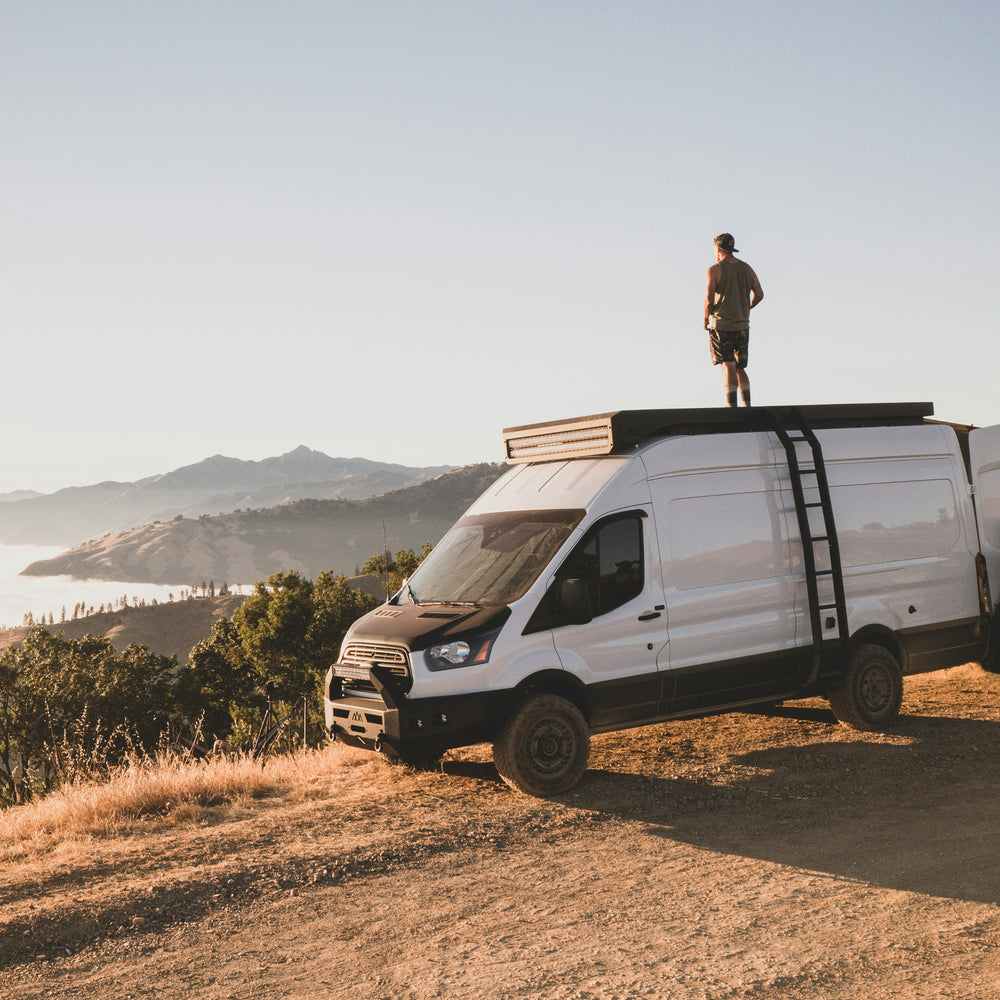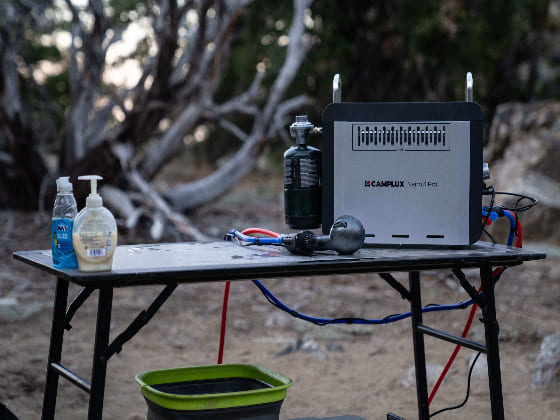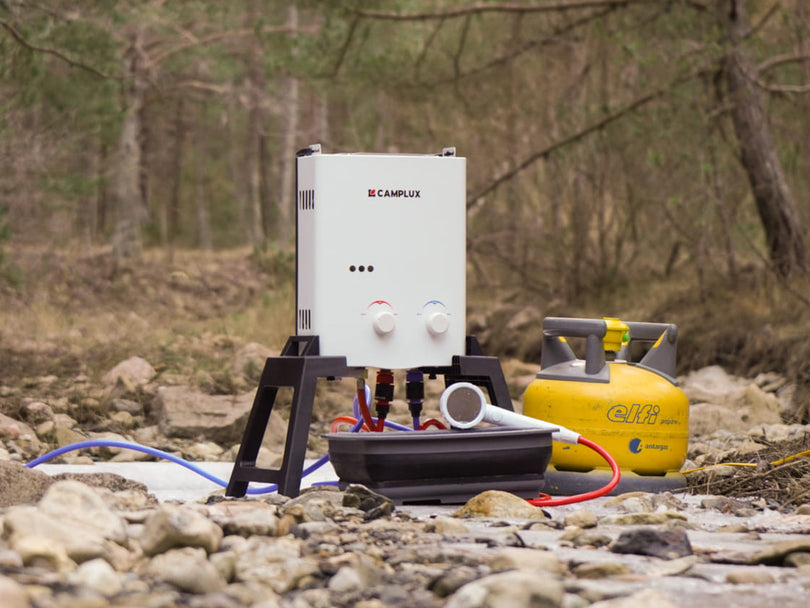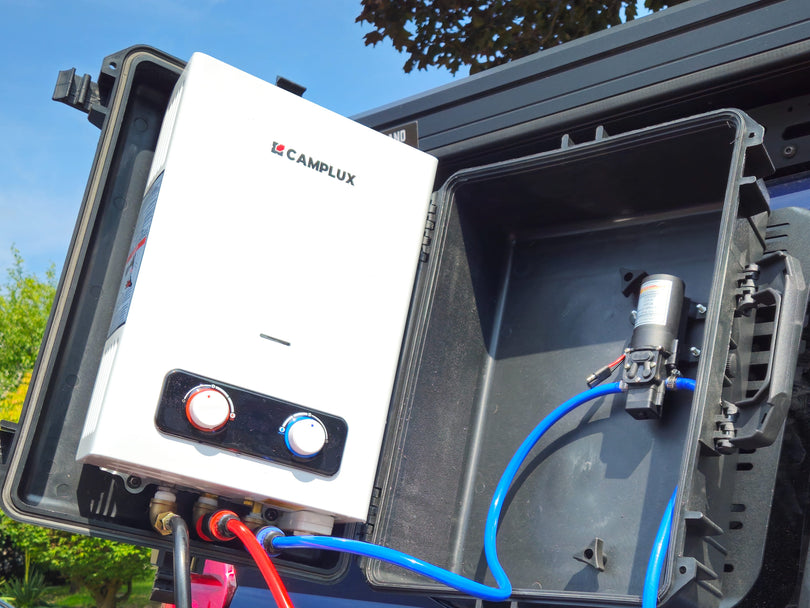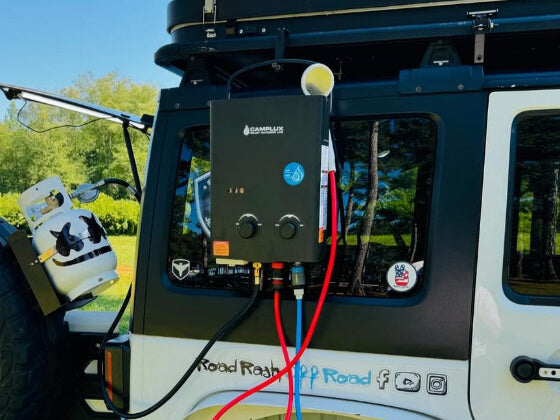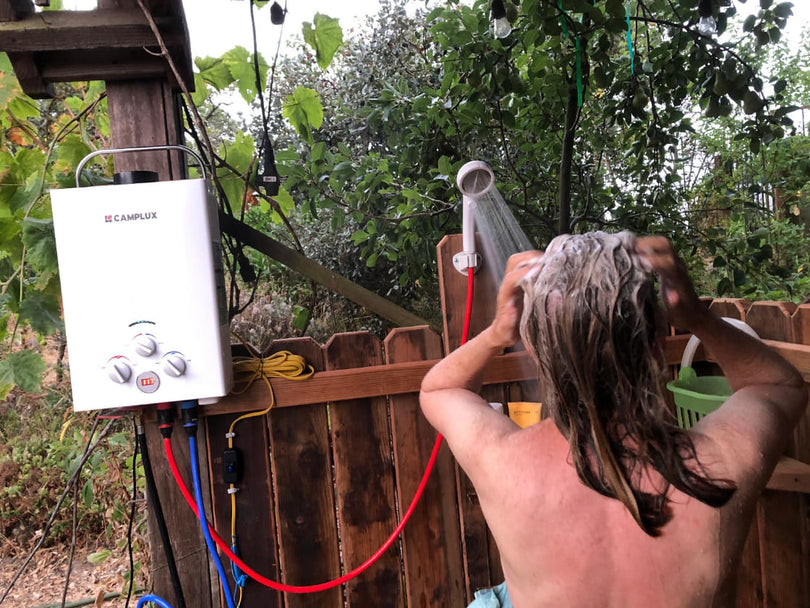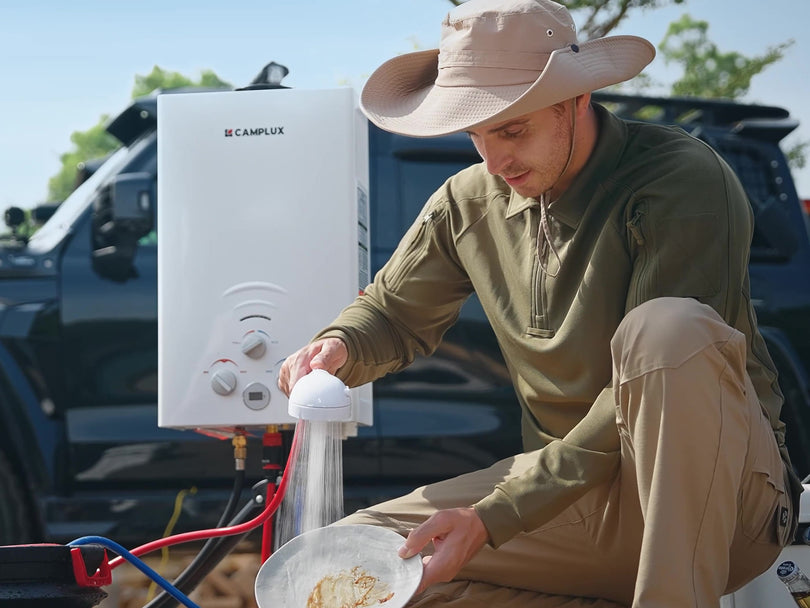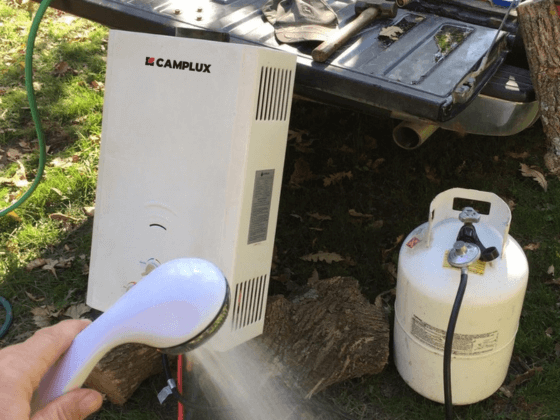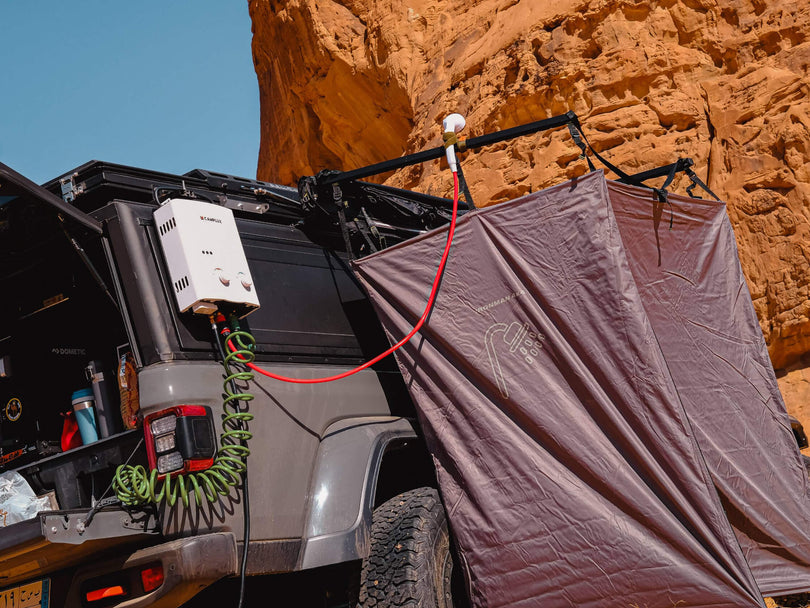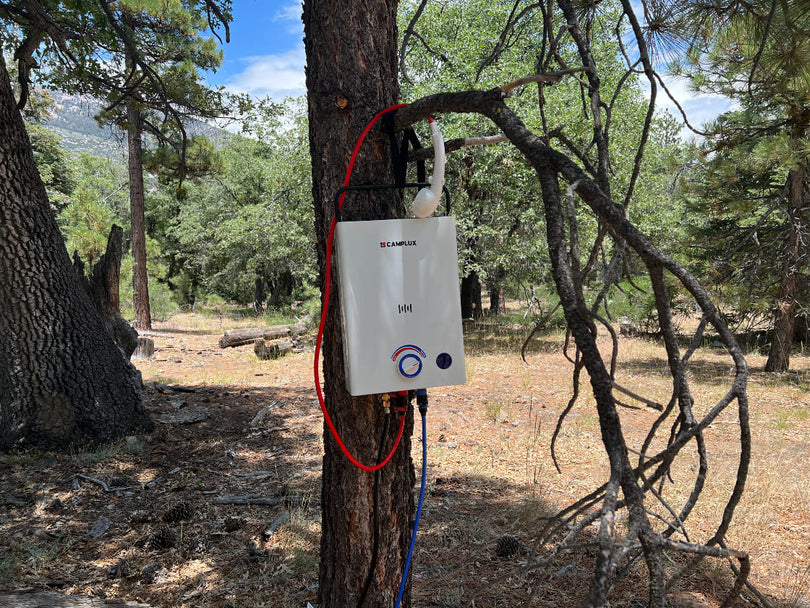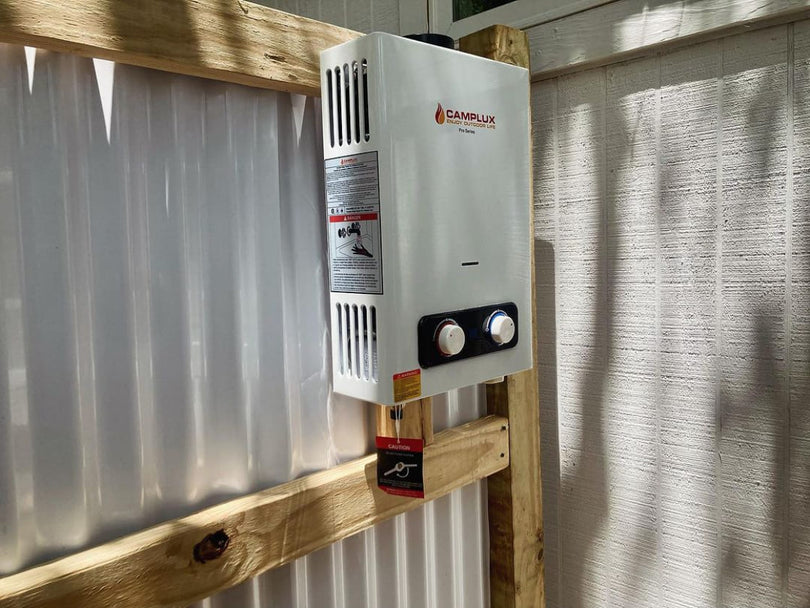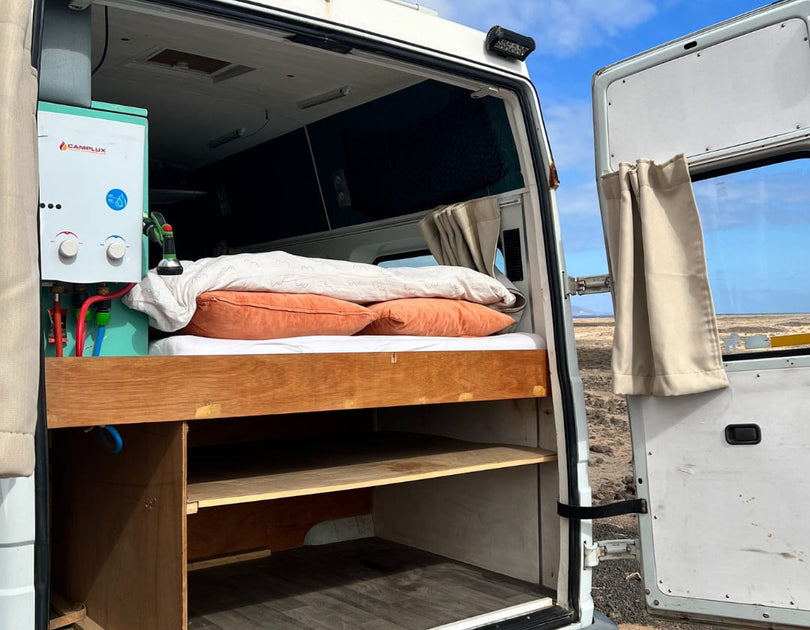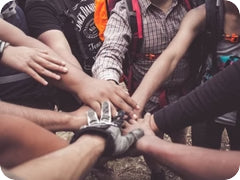Embarking on an RV adventure can be both exciting and overwhelming for newcomers. With the freedom to explore comes the responsibility to ensure your vehicle is up to the task. This comprehensive checklist is designed to guide RV newbies through the essential steps of setting up their RV, from choosing the right vehicle to maintaining it for future journeys. Follow these tips to make sure your RV experience is safe, comfortable, and unforgettable.
Key Takeaways
- Select an RV that aligns with your specific travel needs and budget, and ensure its quality and reliability through thorough research.
- Equip your RV with the necessary tools for water, sewer, and electrical connections, as well as leveling and safety equipment.
- Before hitting the road, perform a comprehensive check on the engine, tires, brakes, and all systems to prevent unexpected issues.
- Learn the proper techniques for parking, leveling, and connecting utilities at the campsite to maximize comfort and convenience.
- Adopt a routine for regular cleaning, maintenance, and seasonal preparation to extend the life and performance of your RV.
Choosing the Right RV

Consider Your Needs and Budget
When choosing the right RV, it's important to consider your needs and budget. Research different types of RVs to find the one that suits your lifestyle. Whether you're looking for a compact camper van or a spacious motorhome, there are options available for every budget. It's also important to check for quality and reliability. You want an RV that will last and withstand the rigors of the road.
Research Different Types of RVs
When it comes to choosing the right RV, it's important to do your research. There are various types of RVs available, each with its own features and benefits. From compact campervans to spacious motorhomes, there's an RV for every lifestyle and budget. Take the time to consider your needs and preferences before making a decision. Here are a few things to keep in mind:
- Size: Determine how much space you need and whether you prefer a smaller, more maneuverable RV or a larger one with more amenities.
- Class: RVs are categorized into different classes, such as Class A, Class B, and Class C. Each class has its own advantages and disadvantages.
- Features: Think about the specific features you want in an RV, such as a kitchen, bathroom, sleeping area, and entertainment options.
Researching different types of RVs will help you make an informed decision and find the perfect RV for your adventures.
Check for Quality and Reliability
When choosing an RV, it's important to check for quality and reliability. You want to make sure that your investment will last and that you won't encounter any major issues on the road. Here are a few things to consider:
- Research the reputation of the RV manufacturer and read reviews from other RV owners.
- Inspect the construction of the RV, paying attention to the materials used and the overall build quality.
- Test all the systems and appliances to ensure they are in good working condition.
- Look for any signs of water damage or leaks, as these can be indicators of potential problems.
Remember, a reliable RV will give you peace of mind and make your travels more enjoyable.
Essential RV Equipment

Water and Sewer Connections
When it comes to water and sewer connections, proper setup is essential for a smooth and hassle-free RV experience.
First, let's talk about water connections. Make sure you have a drinking water hose specifically designed for RV use. This hose should be potable water safe and free from any contaminants. Connect one end of the hose to the RV's fresh water inlet and the other end to a water source at the campsite.
Next, let's discuss sewer connections. You'll need a sewer hose and a sewer hose support to ensure proper drainage. Attach one end of the sewer hose to the RV's waste outlet and the other end to the sewer hookup at the campsite. Remember to use gloves and sanitary wipes when handling the sewer connections.
Here's a quick summary of the water and sewer connections setup:
| Connection | Equipment |
|---|---|
| Water | Drinking water hose |
| Sewer | Sewer hose, Sewer hose support |
Remember, always follow the campground's rules and regulations regarding water and sewer connections. Happy camping!
Electrical Hookups
When it comes to electrical hookups, there are a few key things to keep in mind.
First, make sure you have the right adapters and extension cords for your RV's electrical needs. Different campsites may have different types of outlets, so it's important to be prepared.
Second, always check the electrical connections for any signs of damage or wear. This includes the power cord, the plug, and the outlet. If you notice any issues, it's best to have them repaired or replaced before plugging in.
Lastly, be mindful of your power usage. RVs have limited electrical capacity, so it's important to conserve energy. Avoid running multiple high-power appliances at the same time and consider using energy-efficient alternatives when possible.
Remember, safety should always be your top priority when dealing with electrical hookups. If you're unsure about anything, don't hesitate to ask for help or consult a professional.
Leveling and Stabilization
When it comes to leveling and stabilizing your RV, it's important to ensure a comfortable and safe experience. Here are a few tips to help you get started:
- Use leveling blocks or ramps to even out the ground and prevent your RV from rocking.
- Check the bubble levels on your RV to make sure it's level from side to side and front to back.
- Extend your stabilizer jacks to provide additional support and minimize movement inside the RV.
Pro Tip: If you're parked on uneven ground, you can use a combination of leveling blocks and stabilizer jacks to achieve a stable and level setup.
Remember, a properly leveled and stabilized RV not only enhances your comfort but also helps prevent damage to your RV's appliances and furniture.
Safety Equipment
When it comes to RV safety, having the right equipment is crucial. Here are some essential safety items to consider for your RV:
- Fire extinguisher: Make sure you have a working fire extinguisher on board to quickly and effectively put out any fires that may occur.
- Smoke and carbon monoxide detectors: These detectors are essential for alerting you to potential fire or gas leaks.
- First aid kit: Accidents happen, so it's important to have a well-stocked first aid kit on hand for any minor injuries.
- Emergency exit plan: Create an emergency exit plan and make sure everyone in your RV knows how to evacuate safely in case of an emergency.
Remember, safety should always be your top priority when RVing.
Preparing Your RV for Travel

Check and Maintain the Engine
Checking and maintaining the engine of your RV is crucial for a smooth and worry-free travel experience. Here are some important steps to keep in mind:
- Regular Oil Changes: Make sure to schedule regular oil changes to keep your engine running smoothly.
- Inspect Belts and Hoses: Check for any signs of wear or damage on the belts and hoses, and replace them if necessary.
- Monitor Fluid Levels: Keep an eye on the levels of coolant, brake fluid, and other essential fluids to ensure optimal performance.
- Test the Battery: Check the battery's charge and connections to avoid any unexpected breakdowns.
Remember, a well-maintained engine is the heart of your RV and will contribute to a safe and enjoyable journey.
Inspect Tires and Brakes
After checking the engine, it's important to inspect the tires and brakes. These are crucial components for a safe and smooth journey. Make sure the tires are properly inflated and have sufficient tread depth. Look for any signs of wear or damage, such as cracks or bulges. Additionally, check the brake pads and rotors for wear and tear. If you notice any issues, it's recommended to get them fixed before hitting the road.
Test All Systems and Appliances
After checking the engine, tires, and brakes, it's time to test all the systems and appliances in your RV. This is an important step to ensure everything is in working order before you hit the road.
Here are a few things you should test:
- Water system: Turn on the faucets and check for any leaks or issues with water pressure.
- Electrical system: Plug in your RV and test all the outlets and appliances to make sure they are functioning properly.
- Heating and cooling: Test the air conditioning and heating systems to ensure they are working effectively.
- Kitchen appliances: Check that the stove, oven, refrigerator, and microwave are all working correctly.
Remember, it's better to identify and fix any problems before you start your trip, rather than dealing with them on the road. Happy testing!
Pack Essential Supplies
When packing essential supplies for your RV trip, it's important to consider the specific needs of your travel and the amenities available at your destination. Here are some items you should include:
-
Food and Drinks: Stock up on non-perishable food items and beverages that can last throughout your trip. Don't forget to pack some snacks for those long drives!
-
Bedding and Linens: Make sure to bring enough bedding and linens to keep you comfortable during your stay. This includes pillows, sheets, blankets, and towels.
-
Toiletries and Personal Care Items: Pack all the necessary toiletries such as toothbrushes, toothpaste, soap, shampoo, and toilet paper. Don't forget any medications or personal care items you may need.
-
Cooking and Dining Essentials: If you plan on cooking in your RV, make sure to bring cooking utensils, pots and pans, plates, bowls, and silverware. Don't forget a can opener and a bottle opener!
-
Outdoor Gear: Depending on your activities, pack outdoor gear such as camping chairs, a portable grill, hiking equipment, and fishing gear.
-
First Aid Kit: It's always a good idea to have a well-stocked first aid kit in case of any minor injuries or accidents.
Remember, the key is to pack efficiently and only bring what you truly need. Overpacking can lead to unnecessary clutter and limited space in your RV.
Setting Up at the Campsite

Choosing the Right Campsite
When it comes to choosing the right campsite for your RV adventure, there are a few factors to consider. First, location is key. You'll want to find a campsite that offers beautiful scenery and is close to the attractions or activities you're interested in. Second, amenities are important. Look for campsites that have clean restrooms, showers, and laundry facilities. Finally, size matters. Make sure the campsite can accommodate your RV and any additional vehicles or equipment you may have.
Parking and Leveling
When parking and leveling your RV, it's important to take your time and do it right. Here are a few tips to help you get it done:
-
Leveling: Use a leveling tool or app to ensure your RV is level. This will not only make your stay more comfortable but also prevent any issues with appliances or systems.
-
Chocks: Always use wheel chocks to prevent your RV from rolling or moving while parked. This adds an extra layer of safety and stability.
-
Stabilizers: Once your RV is level, use stabilizers to further stabilize it. These can be placed under the RV's frame or jacks to reduce any rocking or swaying.
Tip: If you're unsure about parking and leveling, don't hesitate to ask for help from experienced RVers. They can provide valuable advice and guidance.
Remember, taking the time to properly park and level your RV will ensure a more enjoyable and safe camping experience.
Connecting Utilities
Once you've parked and leveled your RV at the campsite, it's time to connect the utilities. This includes hooking up to the campground's water and sewer connections, as well as plugging into the electrical hookup. Make sure to follow the campground's guidelines and use the appropriate adapters if needed. Safety is key when dealing with utilities, so double-check all connections and ensure everything is secure. It's also a good idea to have a surge protector to protect your RV's electrical system.
Setting Up Outdoor Space
Once you've chosen the right campsite and parked your RV, it's time to set up your outdoor space. This is where you can create a cozy and inviting area to relax and enjoy the great outdoors. Here are a few tips to help you make the most of your outdoor space:
- Furniture: Bring along comfortable chairs and a table for dining or playing games. Consider investing in foldable furniture to save space.
- Shade: Set up a canopy or awning to provide shade on hot days. This will make your outdoor space more comfortable and protect you from the sun.
- Lighting: Hang string lights or use solar-powered lanterns to create a warm and inviting atmosphere in the evening.
- Decorations: Add some personal touches to your outdoor space with decorative items like potted plants, wind chimes, or outdoor rugs.
Remember, the goal is to create a space that feels like home away from home. Get creative and make it your own!
RV Maintenance and Upkeep

Regular Cleaning and Sanitizing
Regular cleaning and sanitizing is crucial to maintain a clean and healthy environment in your RV. Here are some tips to keep your RV spick and span:
-
Create a cleaning schedule: Establish a routine for cleaning different areas of your RV, including the kitchen, bathroom, and living space. This will help you stay organized and ensure that no area is neglected.
-
Use RV-friendly cleaning products: When cleaning your RV, it's important to use products that are specifically designed for RVs. These products are formulated to be safe for the materials used in RVs and will help prevent damage.
-
Pay attention to high-touch surfaces: High-touch surfaces, such as doorknobs, light switches, and countertops, should be cleaned and sanitized regularly. These areas can harbor germs and bacteria, so it's important to give them extra attention.
Pro tip: Keep a supply of disinfecting wipes handy for quick and easy cleaning of high-touch surfaces.
-
Don't forget about the exterior: While it's easy to focus on the interior of your RV, don't neglect the exterior. Regularly wash and wax the exterior to keep it looking its best and protect it from the elements.
-
Check for mold and mildew: Moisture can lead to the growth of mold and mildew in your RV. Regularly inspect areas prone to moisture, such as the bathroom and kitchen, and address any issues promptly.
-
Maintain proper ventilation: Proper ventilation is important to prevent the buildup of odors and moisture in your RV. Open windows and use fans to circulate air and keep your RV fresh.
Remember, a clean RV is a happy RV!
Inspecting and Repairing Exterior
When it comes to inspecting and repairing the exterior of your RV, there are a few key areas to focus on. Water damage is a common issue that can occur if there are any leaks or cracks in the exterior. Make sure to thoroughly inspect the roof, windows, and seams for any signs of damage. Regular maintenance and sealing can help prevent water damage and extend the lifespan of your RV.
Another important aspect to check is the siding and paint. Look for any chips, scratches, or fading in the paint, as well as any dents or damage to the siding. Addressing these issues early on can prevent further damage and keep your RV looking its best.
In addition, don't forget to inspect the exterior lights. Check that all the lights are working properly, including the headlights, taillights, and turn signals. Replace any bulbs that are burnt out or dim. Proper lighting is essential for safety on the road.
Lastly, pay attention to the seals and caulking. Over time, seals and caulking can deteriorate, leading to leaks and water damage. Inspect the seals around windows, doors, and vents, and replace any that are cracked or worn. Keeping these areas well-sealed will help protect your RV from the elements.
Maintaining Interior Systems
Keeping the interior of your RV clean and well-maintained is essential for a comfortable and enjoyable trip. Here are some tips to help you maintain the interior of your RV:
- Regularly clean and sanitize all surfaces, including countertops, tables, and bathroom fixtures.
- Vacuum or sweep the floors to remove dirt and debris.
- Check and replace air filters to ensure good air quality.
- Inspect and clean the upholstery and curtains.
Remember, a clean and well-maintained interior not only looks great but also helps prevent the buildup of dirt, allergens, and odors.
Winterizing and Storing
Once the camping season comes to an end, it's important to properly winterize and store your RV to protect it from the harsh weather conditions. Winterizing your RV involves taking several steps to prevent damage caused by freezing temperatures. Here are some tips to help you get started:
- Drain all water from the plumbing system to prevent frozen pipes.
- Add antifreeze to the plumbing system to protect against any remaining water.
- Remove all perishable items from the RV to avoid attracting pests.
- Clean the interior thoroughly and ensure all appliances are turned off.
It's also crucial to find a suitable storage location for your RV during the off-season. Look for a secure facility that offers protection from the elements and has proper ventilation. Additionally, consider covering your RV with a breathable cover to prevent moisture buildup.
Remember, proper winterization and storage will help extend the lifespan of your RV and ensure it's ready for your next adventure!
RV maintenance and upkeep is essential for ensuring the longevity and performance of your recreational vehicle. Regular maintenance tasks such as checking the tires, inspecting the brakes, and servicing the engine can help prevent breakdowns and costly repairs. Additionally, cleaning the interior and exterior of your RV, as well as properly winterizing it, can help preserve its appearance and functionality. At Camplux.uk, we understand the importance of RV maintenance and offer a wide range of top-rated portable water heaters that can enhance your camping experience. Our portable water heaters are designed to provide hot water wherever you go, allowing you to enjoy a refreshing shower even in the great outdoors. Visit our website to explore our collection of portable water heaters and take on nature with confidence!
Conclusion
In conclusion, embarking on your RV journey can be an exciting and rewarding experience. By following this checklist, you'll be well-prepared for your adventures on the road. Remember to take your time, do your research, and have fun exploring the great outdoors. Happy travels!
Frequently Asked Questions
What factors should I consider when choosing the right RV?
When choosing the right RV, you should consider your needs and budget, research different types of RVs, and check for quality and reliability.
What essential equipment do I need for my RV?
Some essential equipment for your RV includes water and sewer connections, electrical hookups, leveling and stabilization tools, and safety equipment.
How should I prepare my RV for travel?
To prepare your RV for travel, you should check and maintain the engine, inspect tires and brakes, test all systems and appliances, and pack essential supplies.
What should I consider when setting up at a campsite?
When setting up at a campsite, you should consider choosing the right campsite, parking and leveling your RV, connecting utilities such as water and electricity, and setting up your outdoor space.
What maintenance tasks should I perform on my RV?
Some maintenance tasks you should perform on your RV include regular cleaning and sanitizing, inspecting and repairing the exterior, maintaining interior systems such as plumbing and electrical, and winterizing and storing your RV when not in use.
How often should I clean and sanitize my RV?
It is recommended to clean and sanitize your RV at least once every three months, or more frequently if you use it frequently or have been in a particularly dirty or dusty environment.
